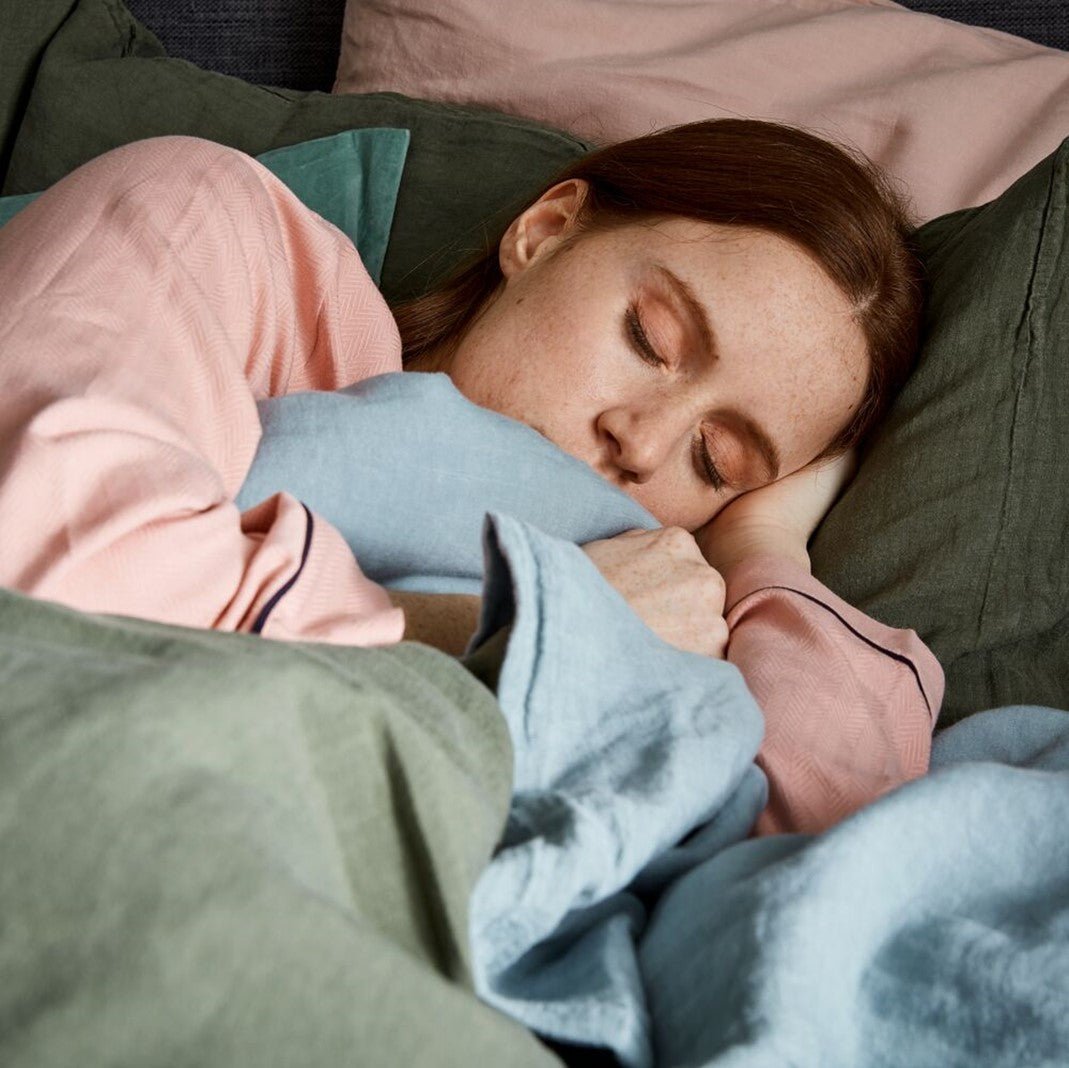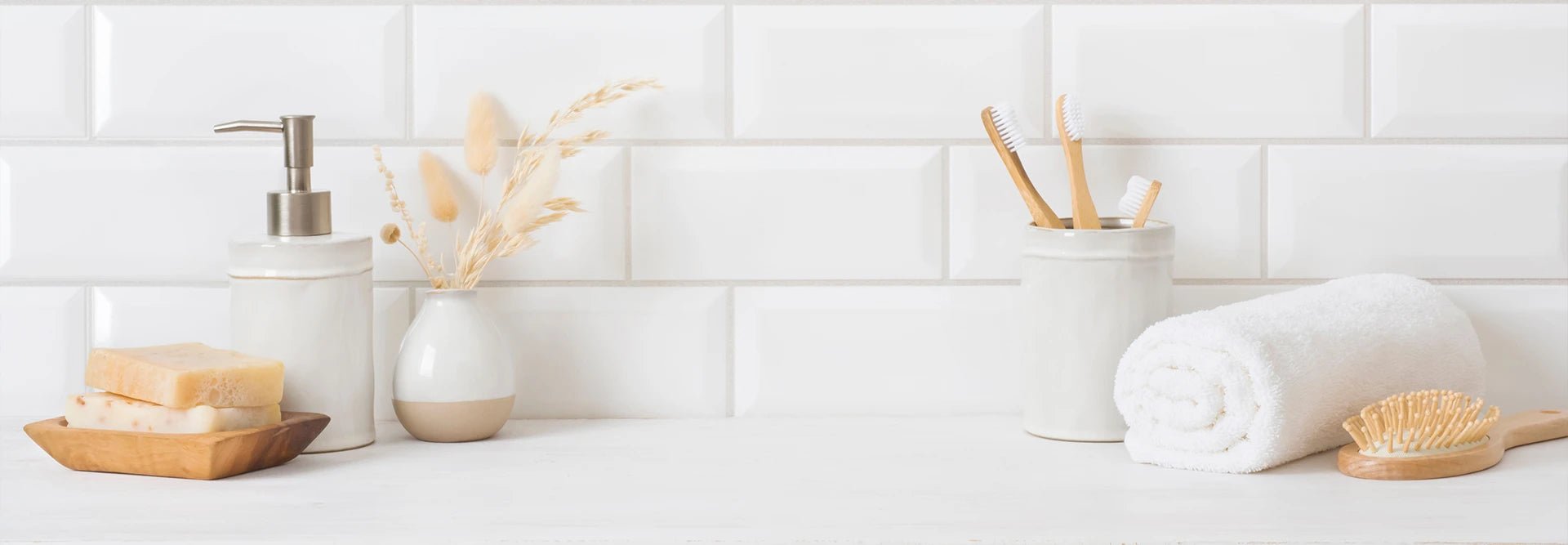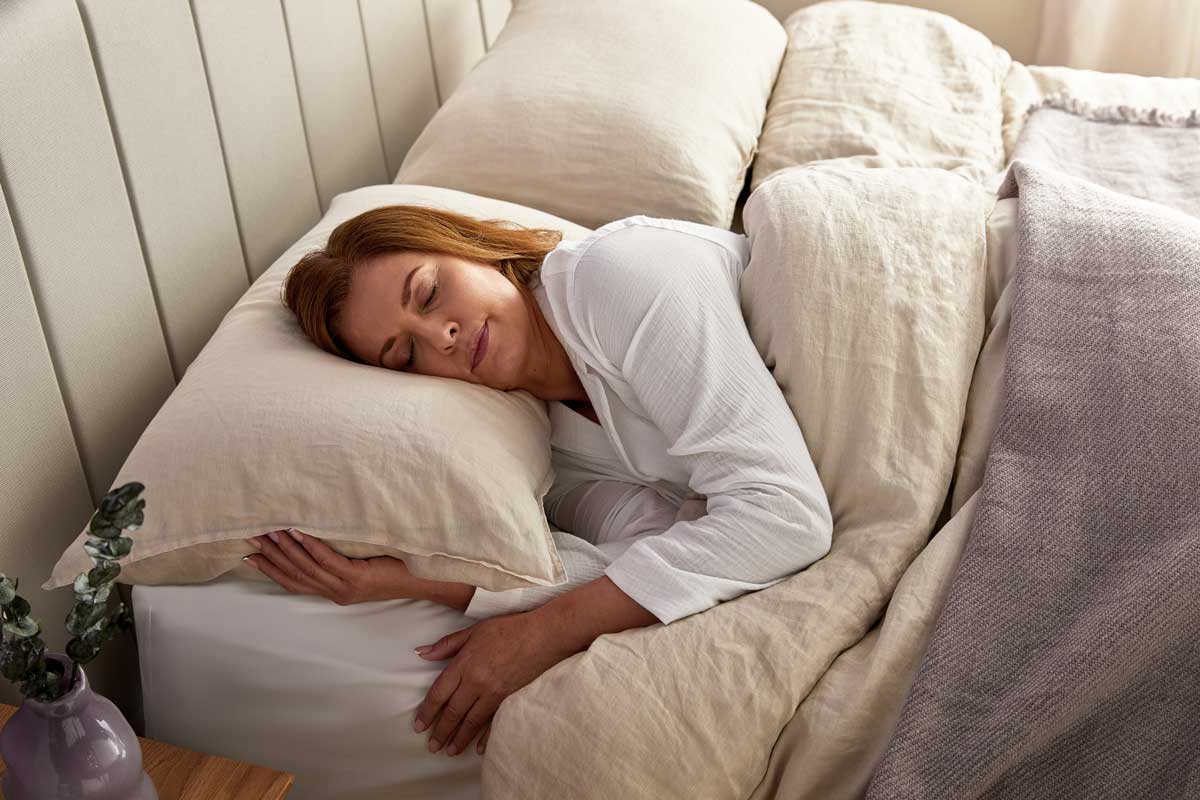How the Holidays can disrupt with your sleep schedule—and What to Do About It


How the Holidays can disrupt with your sleep schedule—and What to Do About It
At this festive time of the year – as Christmas or Happy Holidays – people view the period as a joyous time full of friends, family, and celebration. However, the customs associated with Christmas – traveling, buying gifts, seeing family members – can be anxiety-producing for many. When you add this combined with common struggles of overeating and overdrinking, the season can be characterized as stressful, leading to a lower quality of sleep – the opposite of the desire to have a restful time.
Getting enough sleep is essential for keeping our bodies in tip-top shape. The Centers for Disease Control (CDC) in the USA recommends that adults 18-60 get at least 7 hours of sleep a night.
According to a recent market study in the UK, the majority of respondents reported getting 7-8 hours of sleep per night in their daily lives. However, during the holidays, many respondents (38%) reported getting less sleep, just 5-6 hours per night, and 18% of respondents reported getting just 3-5 hours of sleep per night during the festive season.
When holiday sleep loss becomes a problem and disrupts your sleep pattern how do we address it?
Travelling to different time zones changes our sleep patterns as the brain's natural mechanism of falling asleep is disturbed. Your circadian rhythm, which is what helps you stay awake during the day and sleep at night, can be knocked out of place when traveling. The key answer to changing time zones is to adapt immediately to the new time zone – as if you were at home – and replicate your normal sleep timings of when you go to sleep and rise up in the mornings; although this may result in a short or long first day in the new time zone, the benefits will accrue quickly as you adapt to the new timings.
Another method of minimizing the effect of changing time zones is to make incremental changes to your normal sleep routines – moving your schedule by 30 minutes each day towards that you will experience in the time zone that you are travelling to – and this can be implemented a couple of days prior to travel.
If you are away from home, you will be sleeping in a new sleep environment, and it is important to remember the normal sleep hygiene practices that you may well employ at home. These include having a sleep routine including a regular time for going to sleep, a nighttime bath or reading a book and removing all electronic devices or stimulation for one hour prior to sleeping. The bedroom should be the correct temperature (c. 18-degree centigrade) and it should be dark, with no possibility of light seepage – with blackout curtains if possible.
According to the National Sleep Foundation, stress is a major contributor to insomnia and sleep problems. Stress can contribute to pre-bedtime racing thoughts and tension, making it difficult to fall asleep and stay asleep. Meditation, exercise, or backing off of any commitments that are overwhelming you, can help you manage your stress so you can rest well during the holiday season.
The holiday period can also be stressful due to financial concerns – especially with the added expense of presents and social events and this stress can affect our wellbeing and our sleep patterns. Whilst there is no simple solution to this, generally setting an affordable spend limit and keeping within the budget will lead to lower levels of concern.
We also have holiday eating, for many people, it's associated with indulging their holiday favorites. There's nothing wrong with that, however excessive eating of sugary and fatty foods makes it harder to sleep and keeps us awake at night and that's exactly where the problems lie. Being conscious about this and having control over high cravings will be a helpful way to manage. The ideal time period to stop eating prior to nighttime sleep is 3 to 5 hours, this gives your body time to digest – so when you are ready to go to sleep, your body is not still trying to process the food you have consumed.
We should also be mindful of alcohol consumption over the festive period - it is important to understand that alcohol isn’t going to do your sleep schedule any favors, even if it initially makes you feel tired. Alcohol gravely disrupts your sleep cycles to where you are actually getting mostly light sleep during the night—and you may not even be entering deep sleep or REM sleep at all. It is better to limit excessive alcohol consumption at night—and try not to consume any alcohol at least two hours before bedtime.
During this busy period, it is easy to commit to too many engagements and have a diary that becomes unmanageable, and this affects your bedtime timings and schedule – it is best to choose the holiday events that are most meaningful. While late-night festivities are part of what makes the holidays so memorable, too many parties into the early hours can result in you not getting enough sleep overall. Make sure to have some boundaries with your schedule during the work week and give yourself time to sleep the next day when you do stay up late.
Hence, all these factors have a negative impact to your ability to sleep. Understanding how vital sleep is to our wellbeing to function optimally is a great way to start coping with the holiday festivities.




